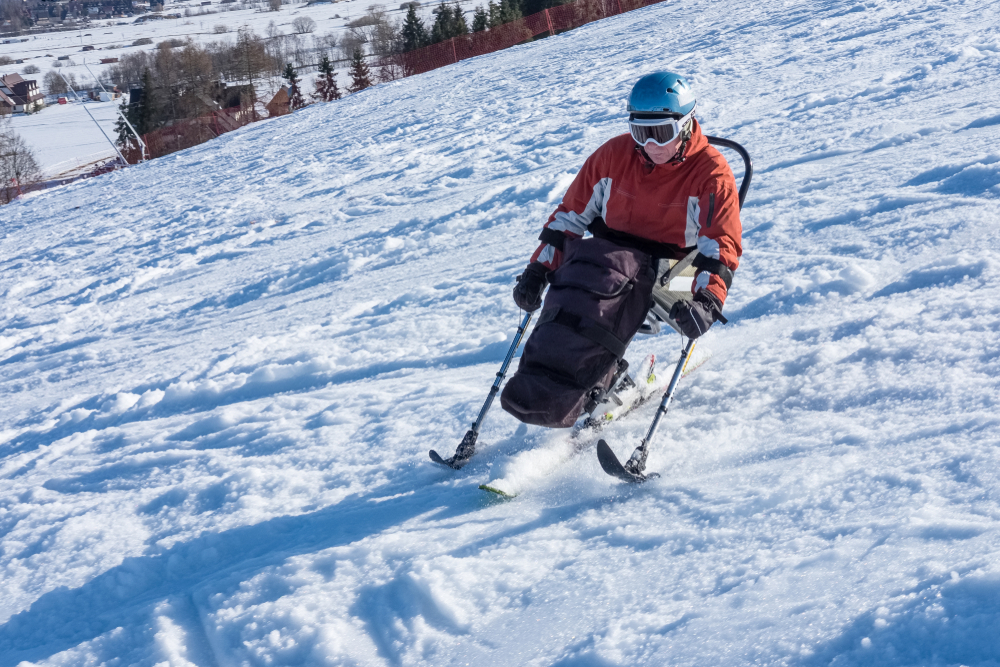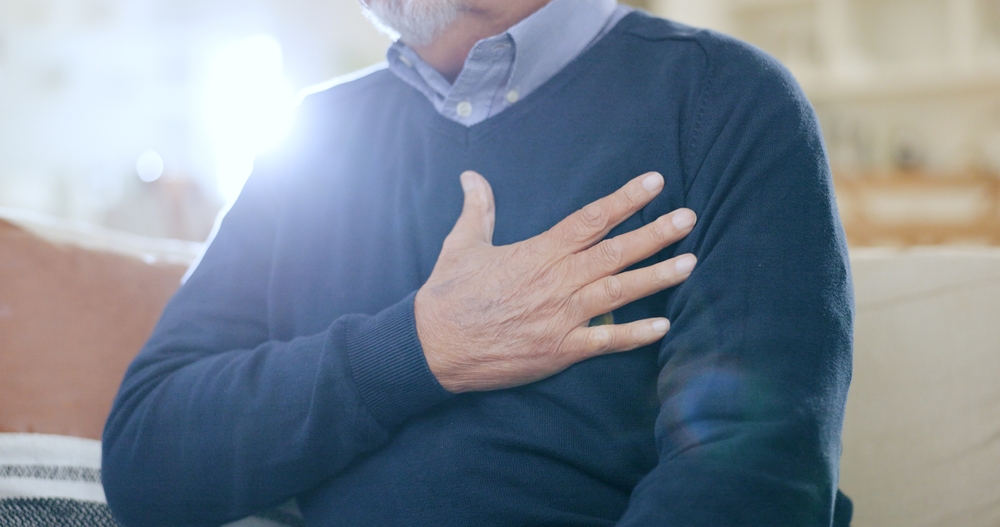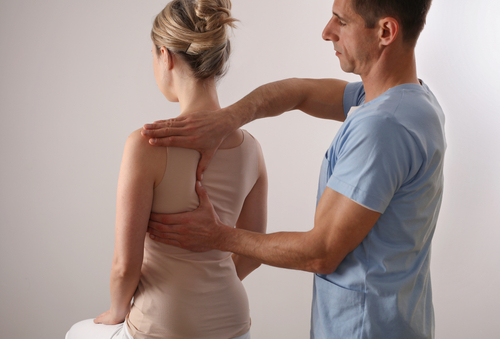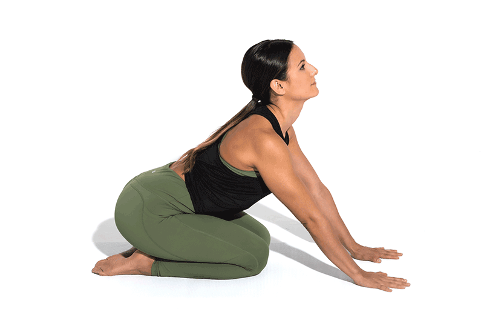Make an Appointment
Why is my shoulder pain worse at night?
What your nighttime shoulder pain is trying to tell you.
The nighttime antics of a shoulder injury.
If you’re experiencing shoulder pain at night you may have a rotator cuff injury.

Common nighttime symptoms of a rotator cuff injury are:
- Constant, dull pain with stiffness or swelling in the affected shoulder.
- The intensity of the pain often becomes severe when you change your position in bed or move your arms up and down.
- When you have intense pain in the shoulder it may also feel a numbing or tingling effect on the arm and fingers.
A rotator cuff is a group of four tendons that cover the upper shoulder to the bones (humeral head). It is the main stabiliser of the shoulder joint and controls your arm rotation and elevation. There are a number of conditions that affect your rotator cuff with the most common being inflammation or tearing of your tendons.
Injury to the rotator cuff can be caused by repetitive overhead activities such as throwing a ball, vacuuming or washing a car. This pain may come gradually and is characteristic of an inflammation. If you have severe and sudden pain after an accident or fall this is usually an indication of a tear.
Symptoms of a rotator cuff injury include:
- Aching pain that radiates from the outer arm to several inches below the top shoulder and/or pain that occurs in the front and top of the shoulder.
- Sensitivity in your arm when you raise it overhead or when you reach behind your body, such as retrieving an object from the back seat of a car.
- Weakness in your arm.
Why is your shoulder pain worse at night?
A rotator cuff injury typical flares up at night. The inflammation from the day settles in while your muscles are at rest increasing the pressure in the joint capsule or the damaged tissue. Combine that with the fact that you’re much more likely to be moving and positioning your shoulder in ways that irritate the damaged tissue while you sleep.
To decrease pain at night use a pillow to position your injured arm where it is comfortable, this will decrease the likelihood of movement and the pain that occurs with frequent changing of position.
Treatment
Once you suspect a rotator cuff injury an accurate diagnosis is essential for effective treatment. A diagnosis may include an MRI Scan, ultrasound or Xray.
Download our free Shoulder Pain Relief ebook for information on treatment, OR visit your local Physio Inq Physiotherapist today for further consultation.
Date Published: Monday, May 30, 2016
Locate a Mobile Physiotherapy
Service Near me
Get the experience & convinence you deserve to support your or a loved one's allied health needs.
Our Mobile Physiotherapy team are currently serving & taking appointments in the following states and regions in Australia:
Need to get into direct contact with ur Client Services team? We're all ears. Call our team directly on 1300 731 733










